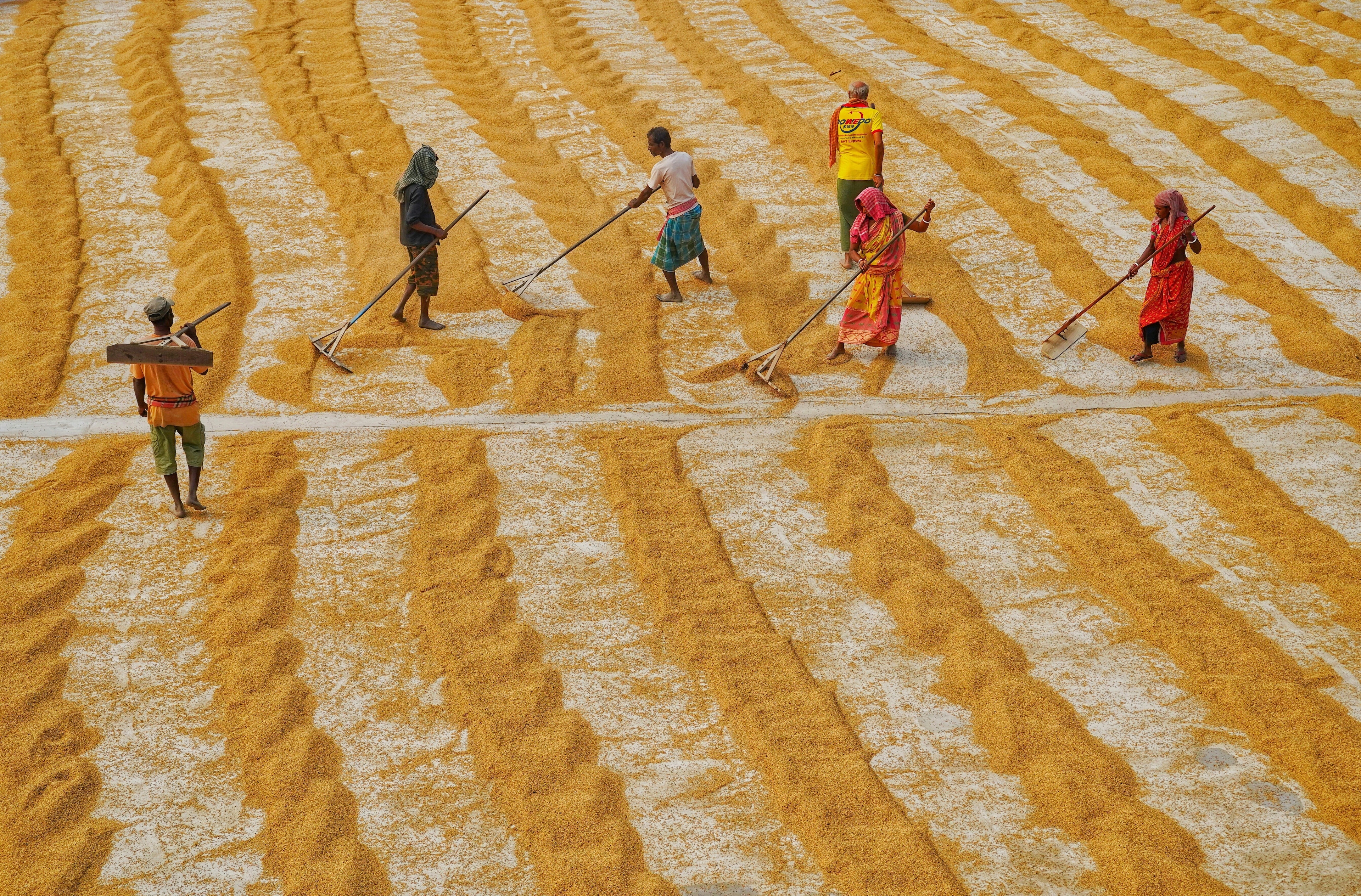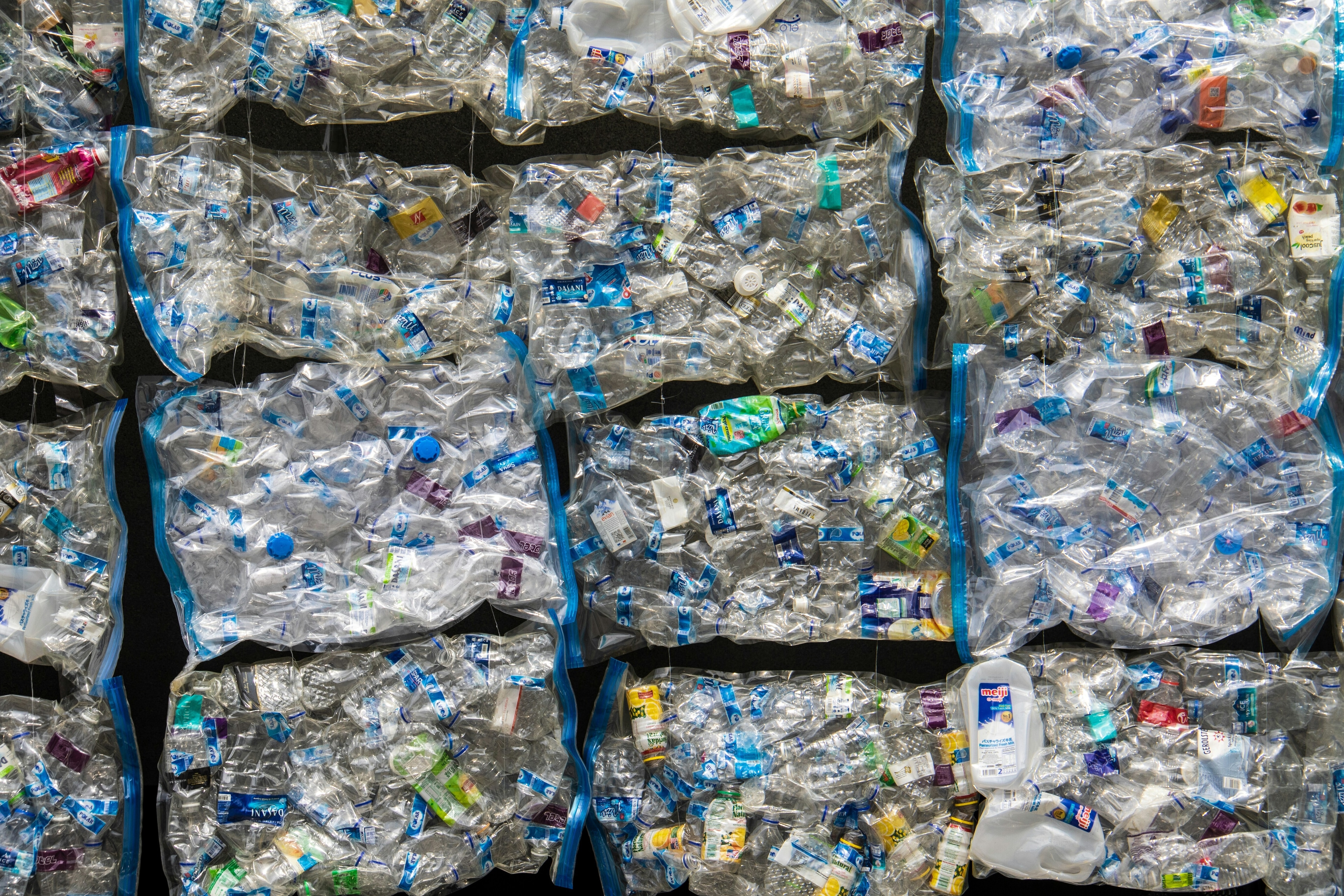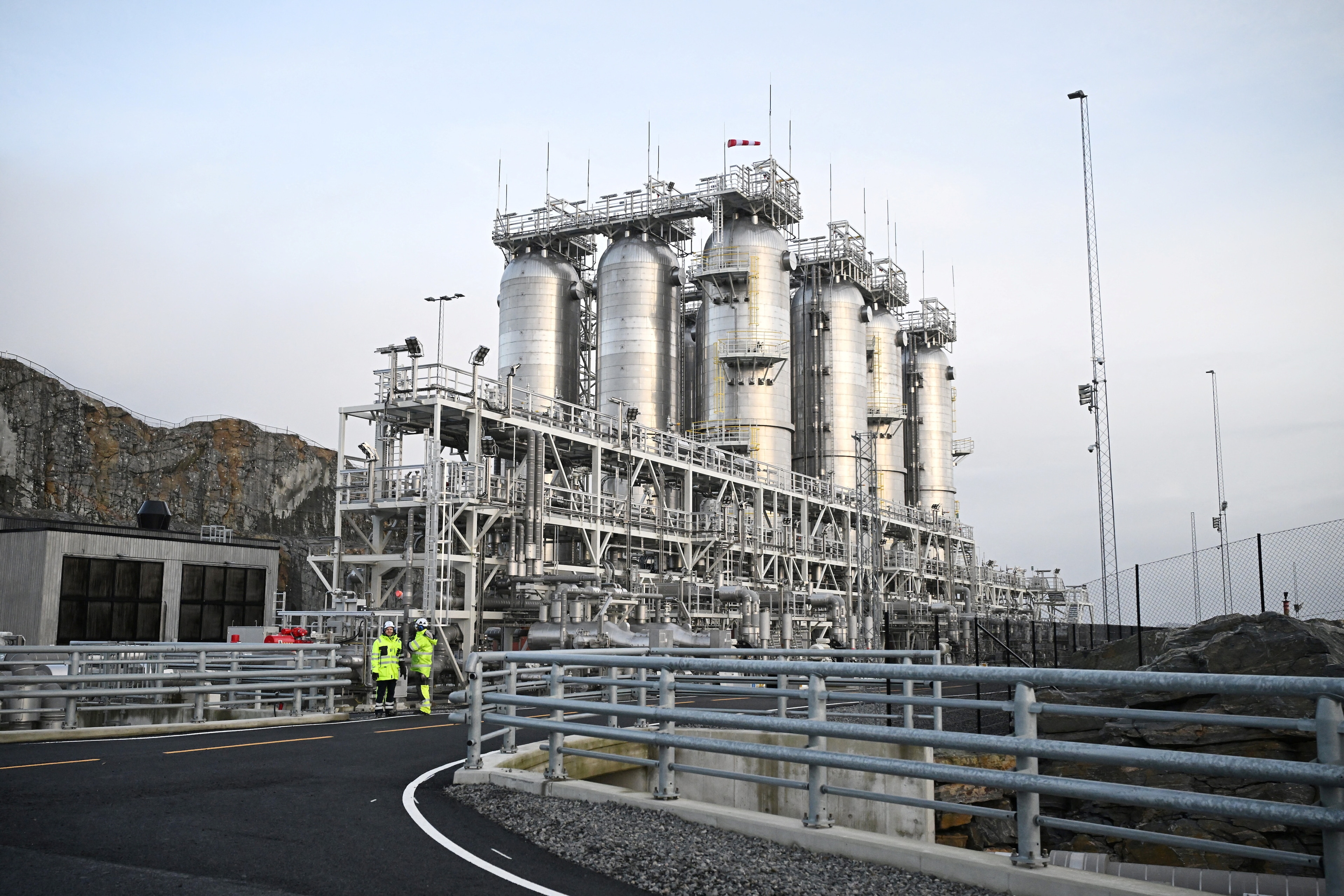4 ways climate change could cause food shortages
Stay up to date:
Future of the Environment
The possibility of increased food shortages looms in a nearer future than we’d care to believe.
Citing the UN’s Intergovernmental Panel on Climate Change (IPCC), the latest Grantham Mayo van Otterloo (GMO) quarterly report noted, “humanity is risking ‘a breakdown of food systems linked to warming, drought, flooding, and precipitation variability and extremes.’”
Those changes to the climate threaten the way food gets produced around the world, which can drive up the price of foods and lead to a host of other problems.
A June report from the Global Sustainability Institute of Anglia Ruskin University found that by 2040, food prices will be four times higher than they were in 2000. Already, they’re already twice as high as they were in 2000, the GMO report notes.
“The results show that based on plausible climate trends, and a total failure to change course, the global food supply system would face catastrophic losses, and an unprecedented epidemic of food riots,” the institute’s director, Aled Jones, told investigative journalism project Insurge Intelligence. “In this scenario, global society essentially collapses as food production falls permanently short of consumption.”
Here’s how the different climate changes listed affect our food:
- A warming planet leads to less food. Climate changes affect how farmers plan for the upcoming year. According to the IPCC’s report from 2014, every decade of warming that happens decreases the amount of food the world can produce by 2%, or 4.4 million metric tons of food.
- Droughts cut back on the food produced. The California drought is an example of how the climate affects food and how much access people have to it. The USDA noted in June that “depending on its continued severity, the drought in California has the potential to drive prices for fruit, vegetables, dairy, and eggs up even further.”
- Flooding decreases the amount of available land for farming. If the Mississippi and Missouri rivers flood, the report points out, it would cut corn production in the US by 27%, soybeans by 19%, and wheat by 7%, according to the institute’s scenario. That’s about 3.8 billion bushels of corn lost, based on the amount of corn produced in the US in 2014.
- More frequent extreme weather makes it harder to have a reliable crop yield. Tornadoes, torrential downpours, etc. cause damage to lands that otherwise contain crops. An increasing amount of these weather events — a result of climate change — makes it harder to rely on a steady supply of food, thus driving up prices on all that remains.
All of these weather crises, in the GSI’s scenario, could lead to food riots and increased global insecurity.
This article is published in collaboration with Business Insider. Publication does not imply endorsement of views by the World Economic Forum.
To keep up with the Agenda subscribe to our weekly newsletter.
Author: Lydia is an Editorial Intern for Business Insider Science.
Image: A field of unharvested wheat is seen in Beaucamps-le-Vieux, northern France. REUTERS/Benoit Tessier.
Don't miss any update on this topic
Create a free account and access your personalized content collection with our latest publications and analyses.
License and Republishing
World Economic Forum articles may be republished in accordance with the Creative Commons Attribution-NonCommercial-NoDerivatives 4.0 International Public License, and in accordance with our Terms of Use.
The views expressed in this article are those of the author alone and not the World Economic Forum.
Related topics:
Forum Stories newsletter
Bringing you weekly curated insights and analysis on the global issues that matter.
More on Climate ActionSee all
Michael Fröbel and Stanislas Hillen
August 8, 2025
Elizabeth Henderson and Daniel Murphy
August 8, 2025
De Rui Wong and Keebum Kim
August 7, 2025
Aurora Matteini and Derek Baraldi
August 6, 2025
Tom Crowfoot
August 5, 2025
Sverre Alvik
August 5, 2025



